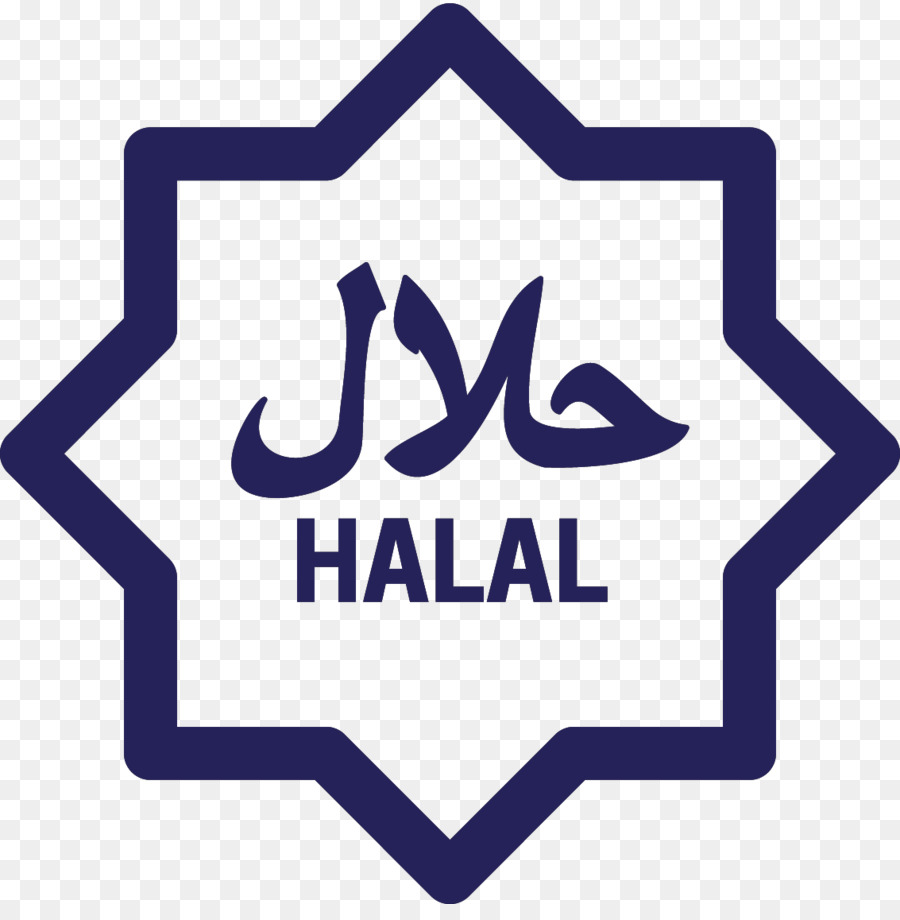For many Muslims in the UK, consuming halal products is an essential part of their daily lives. Halal verification helps ensure that food, cosmetics, and other products meet strict standards under Islamic law. This guide explains what Halal Verification in the UK is, why it matters, and how consumers and businesses can understand and trust halal-certified products.
What is Halal Verification?
Halal verification is a process that ensures a product or service complies with Islamic dietary and lifestyle laws. “Halal” means permissible in Arabic, meaning the product has been approved for use or consumption. Verification is handled by qualified certification bodies who thoroughly inspect products and processes, ensuring they align with halal standards.
Key Elements of Halal Verification
Halal verification involves checking several aspects of a product:
- Ingredients: Inspecting each ingredient to confirm it’s permissible under Islamic law.
- Processing: Ensuring the production process doesn’t involve any haram (forbidden) elements.
- Storage and Handling: Making sure halal items are stored separately from non-halal items to avoid contamination.
- Packaging and Labelling: Clear labelling so consumers can easily identify halal products.
Why Halal Verification Matters
Halal verification is crucial for two main reasons: trust and religious compliance. For Muslim consumers, it guarantees that a product aligns with their beliefs. For businesses, it builds trust within the Muslim community, expanding their customer base.
Building Consumer Trust
Halal verification provides assurance to consumers that what they buy is truly halal. With increasing demand for halal products in the UK, having a trusted verification system is essential for maintaining customer confidence.
Supporting Religious Observance
For Muslims, following halal dietary laws is a significant part of practicing their faith. Halal verification makes it easier for them to make informed choices, knowing the products they buy meet their religious requirements.
How Does Halal Certification Work?
Halal certification in the UK is a thorough process, involving several stages to ensure compliance with Islamic law. Certification bodies oversee this process, issuing halal certificates to approved products. Here’s a breakdown of how it works:
- Application: A company seeking halal certification submits an application to a halal certification body.
- Review of Ingredients: All ingredients are carefully reviewed to confirm they are halal.
- On-Site Inspection: Inspectors visit the production facility to observe how products are made, stored, and handled.
- Approval and Labelling: If the product meets halal standards, it receives certification. The product can then display a halal logo on its packaging.
- Ongoing Monitoring: Certification bodies may conduct random checks to ensure that products remain compliant over time.
Who Provides Halal Certification in the UK?
Several organisations in the UK provide halal certification. These bodies have qualified inspectors and follow strict guidelines to ensure compliance with halal standards. Some well-known halal certification bodies include:
- Halal Monitoring Committee (HMC)
- Halal Food Authority (HFA)
- European Islamic Certification (EIC)
These organisations are widely trusted and recognised, giving consumers confidence in the products they certify.
What Products Need Halal Verification?
Halal verification is necessary for a wide range of products, especially food and beverages. However, it also extends to other areas:
Food and Beverages
Meat, dairy, and processed foods often require halal certification. For meat, the verification process includes ensuring the animal was slaughtered according to Islamic guidelines. Beverages, including juices and soft drinks, also undergo verification to ensure they don’t contain any alcohol or non-halal ingredients.
Cosmetics and Personal Care Products
Many Muslims prefer cosmetics and skincare products that are halal-certified. Halal verification in this industry ensures that products do not contain animal-derived ingredients or alcohol, and that they meet purity standards.
Pharmaceuticals and Supplements
Medicines and supplements often contain animal-derived ingredients or alcohol-based compounds. Halal verification helps Muslim consumers find options that align with their religious practices.
Household Products
Some Muslims seek halal-certified cleaning products and other household items to ensure no forbidden substances are involved in their daily lives.
How to Identify Halal-Certified Products
Recognising halal-certified products is easy once you know what to look for. Many certified products display a halal logo from a recognised certification body on the packaging. This logo signals that the product has undergone halal verification and meets the necessary standards.
Common Halal Logos
In the UK, look for halal certification logos from well-known bodies such as HMC, HFA, or EIC. These logos are symbols of trust, giving consumers peace of mind when shopping.
Reading Labels Carefully
Sometimes, labels may say “suitable for vegetarians” or “alcohol-free,” but these do not guarantee the product is halal. Halal verification considers many factors, so it’s always best to look for a halal logo to be certain.
Why Halal Verification is Important for Businesses
Halal verification is also crucial for businesses, especially those looking to reach the Muslim market. By offering halal-certified products, businesses can appeal to a larger audience and increase sales. The Muslim population in the UK is growing, and demand for halal products is rising with it.
Building Brand Loyalty
Halal certification can help businesses build loyalty within the Muslim community. When consumers trust a brand’s commitment to halal standards, they are more likely to become repeat customers.
Meeting Consumer Demand
With more Muslim consumers looking for halal options, businesses can meet this demand by offering halal-certified products. Supermarkets, restaurants, and food manufacturers in the UK are increasingly seeing the value of halal verification.
The Future of Halal Verification in the UK
As demand for halal products grows, so does the importance of reliable halal verification. More products, from food to cosmetics, are expected to seek halal certification in the coming years. Consumers are also becoming more informed, increasing the need for trustworthy certification bodies.
Technological Advances in Verification
Technology may soon play a larger role in halal verification. Digital systems could track products from production to sale, offering real-time verification. This would add an extra layer of transparency for consumers and certification bodies alike.
Conclusion
Halal verification in the UK is essential for ensuring that products align with Islamic dietary and lifestyle guidelines. For Muslim consumers, it provides peace of mind and trust in the products they buy. For businesses, it opens doors to a larger market, allowing them to meet the needs of the growing Muslim community. With clear labelling and recognised halal logos, consumers can make informed choices, knowing that the products meet halal standards.






More Stories
Why Choose Oxford Center Best Training Courses in Kuala Lumpur?
The Ultimate Guide to Premium Hand Wash by Salt and Mud
High Speed Doors Servicing Edinburgh: Why It Matters